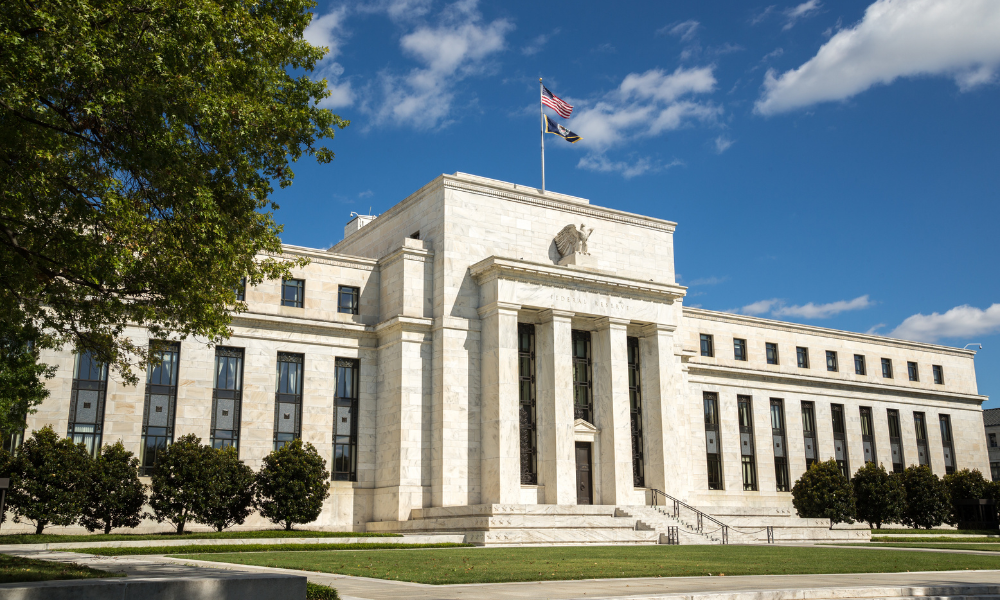Federal election could happen as soon as May with Conservatives ahead in the polls

With Canada’s federal election coming as soon as May, but certainly by October 20, the race to succeed Justin Trudeau is heating up – and investors are looking for a win.
While the polls suggest a Conservative win, the Liberals hope to shore up support with a new leader, likely to be either former Bank of Canada governor Mark Carney, who recently resigned as board chair at Brookfield Asset Management, or Trudeau’s former finance minister Chrystia Freeland.
With President Trump now installed in the White House and tariffs and other protectionist policies ahead, investors are considering how a change in Canadian government policy could impact the domestic stock market.
"The whole Canadian economy and stock market stands to benefit" from a more pro-business policy stance, including lower taxes, less red tape and greater focus on capital investment, Brian Madden, chief investment officer at First Avenue Investment Counsel, told Reuters.
What happens to the Budget?
With parliament prorogued until March 24, Fitch Ratings recently said that Canada faces trade and budget challenges as an election approaches.
Specifically, while the federal government continues to operate with executive powers that allow it to make certain policy changes, those that require parliamentary input are not able to move forward until prorogation concludes.
“Implementing new policies or significant responses to U.S. actions are unlikely without consultation and agreement from opposition parties. The Liberals and Conservatives currently appear broadly in agreement regarding the response to expected U.S. policy changes, including tariffs. However, the extent of their cooperation may depend on the specific U.S. policies and Canadian responses, as well as domestic electoral dynamics,” the ratings agency wrote.
The federal government is funded through until March 25, 2025, but the standard annual appropriations will be required. This does not affect pensions, transfers to provinces, interest payments and certain social programs, as they are maintained under standing legislation.
With the Budget requiring approval before the next fiscal year begins on April 1, this means a tight window for it to be debated in parliament. If it is not passed, it will likely be considered a confidence vote in the government and Trudeau will probably then dissolve parliament ahead of the election, with limited funding provided under special warrants.



